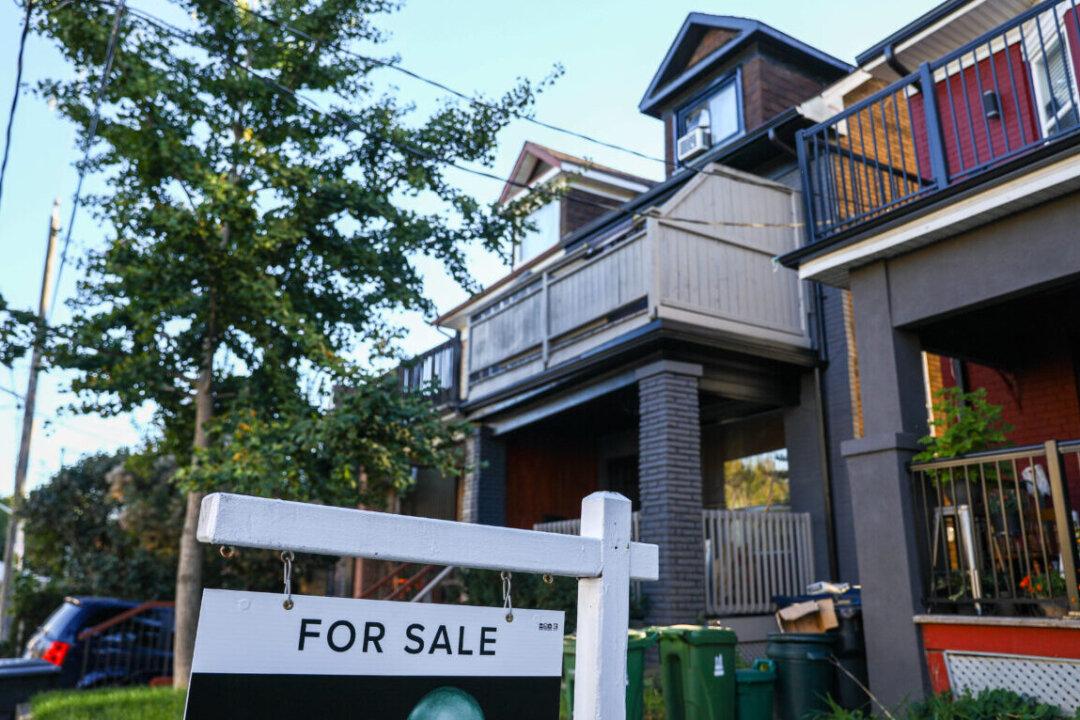A report by the Parliamentary Budget Officer (PBO) estimates that the federal government could collect nearly $286 million in additional tax revenues over the next five years if it cuts tax exemptions currently granted to Real Estate Investment Trusts (REITs) and instead brings them under the statutory corporate income tax rate.
“We estimate that the federal government would collect $285.8 million additional revenues over the 2023 to 2027 tax years,” says the report, published on April 3 and titled “Cost of removing the tax exemptions for Real Estate Investment Trusts,” as first reported by Blacklock’s Reporter.





